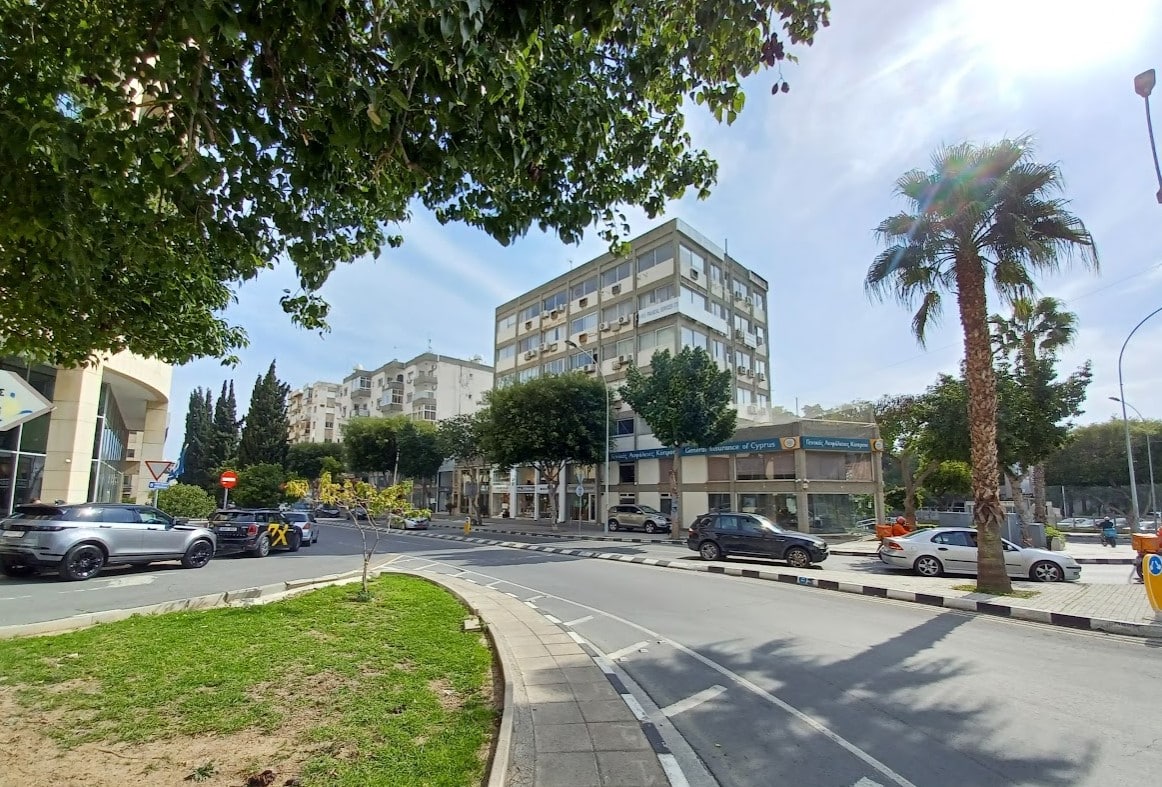According to the announcement, the Bank of Cyprus’ new Pronomia scheme seeks to reward customers who are up to date with their mortgage payments, in accordance with their respective plans.
“This initiative aims to support loyal borrowers who have been affected by previous increases in European Central Bank (ECB) and Euribor interest rates,” the bank said.
Under the new programme, the bank will allocate a total of €3 million in reward points to be distributed in January 2025.
These points can be redeemed for purchases at hundreds of participating retail businesses.
Works are expected to last a year and by the end of them Larnaca will boast a modern town, respecting the environment and offering safer and easier living for residents and visitors.
Larnaca mayor Andreas Vyras said the facelift would also attract new investments and businesses to the city centre and would encourage more visitors.
The plans include widening pavements, rethinking parking places, improving rainwater drainage, upgrading underground cable networks, installing information points and modern lighting and shading systems, placing granite and marble features and regulating traffic.
Pissarides warned that this could have a “serious impact on the Cypriot countryside and local economy” and called for immediate action to prevent this from happening.
In an interview featured in the August issue of Xenodochos magazine, Pissarides emphasised that for hotels in mountainous regions, “the future is not promising without compensatory measures that both reduce operating costs and increase occupancy and revenue”.
He said that he had already prepared a detailed study with specific recommendations for compensatory measures aimed at promoting sustainable tourism development in these areas, which he has since submitted to the relevant authorities.
He also underlined the vital role that these hotels play in “keeping the countryside alive”.
This figure comes from a total of 30 cheques that were returned unpaid.
Moreover, the number of individuals and businesses on the preliminary list of the Central Information Registry (CIR) in August stood at 16, made up of 11 legal entities and five natural persons.
August of last year 2023, only nine cheques bounced, though the overall value of these cheques was higher, amounting to €78,108.
Looking at the broader picture for 2024, between January and August, a total of 209 bounced cheques were listed in the CIR, worth €420,492.
This cloud-based, API-first solution is designed to help businesses of all sizes manage their day-to-day payment needs within a single, easy-to-use platform.
The company explained that as companies expand internationally, they often encounter challenges such as high currency conversion costs, foreign exchange risks, and the complexity of managing multiple bank accounts.
According to the announcement, payabl.’s Payment Accounts directly address these issues, enabling businesses to hold, convert, and transact in multiple currencies – including EUR, USD, and GBP – while facilitating seamless cross-border transfers via SEPA, SEPA Instant, and SWIFT.
Moreover, this solution, developed in-house by payabl.’s tech team in Frankfurt, is set to reduce transaction fees, expedite international payments, and simplify cash flow management.
The company stated that “as a trusted acquirer with nearly 15 years of industry experience, payabl.’s mission has always been to deliver future-proofed payments solutions and exceptional customer satisfaction”.
It further mentioned that “the introduction of the Payment Accounts is a natural extension of this commitment, offering businesses a streamlined, efficient solution for all their payment needs”.
The bill, originally introduced by the Finance Ministry, has sparked concerns over potential state aid issues and fairness in tax debt repayment, leading to a heated debate during a meeting of the House Finance Committee on Monday.
The director of financial management of the central government directorate at the finance ministry, Lucy Herodotou Mouskou, clarified that the increased contribution to football clubs hinges on the condition of it being used to repay tax obligations.
Commissioner of State Aid Stella Michaelidou expressed her reservations, pointing out that the bill contains potential elements of state aid.
She also said that the bill should have had proper safeguards to ensure that any debts owed by football clubs are indeed repaid.
Michaelidou mentioned that she only became aware of the bill through publications and promptly sent a letter to the Finance Ministry, urging them to formally consider her views.
The statistics, which were first reported in newspaper Yeni Duzen, showed that by the end of June, Turkish Cypriots’ combined credit card debt had reached more than five billion TL – a total of €134,637,301.
Just a year earlier, the statistics showed, Turkish Cypriots’ combined credit card debt sat at 2.5bn TL. It had then risen to just shy of four billion TL by the end of March, before an extra billion (€26.6m) was added to the figure in the following three months.
The Cyprus Stock Exchange (CSE) ended Tuesday, September 10 with losses.
The general Cyprus Stock Market Index was at 181.89 points at 12:20 during the day, reflecting a decrease of 0.61 per cent over the previous day of trading.
The FTSE / CySE 20 Index was at 110.75 points, representing a drop of 0.60 per cent.
The total value of transactions came up to €34,081, until the aforementioned time during trading.
In terms of the sub-indexes, the main index fell by 0.7 per cent while the alternative, investment firm and hotel indexes remained stable.
The biggest investment interest was attracted by the Bank of Cyprus with €19,299 (unchanged), Logicom Public with €9,000 (unchanged), Salamis Tours with €3,360 (unchanged), Petrolina Holdings with €1,011 (unchanged), and Hellenic Bank with €1,010 (-2.13 per cent).







Click here to change your cookie preferences